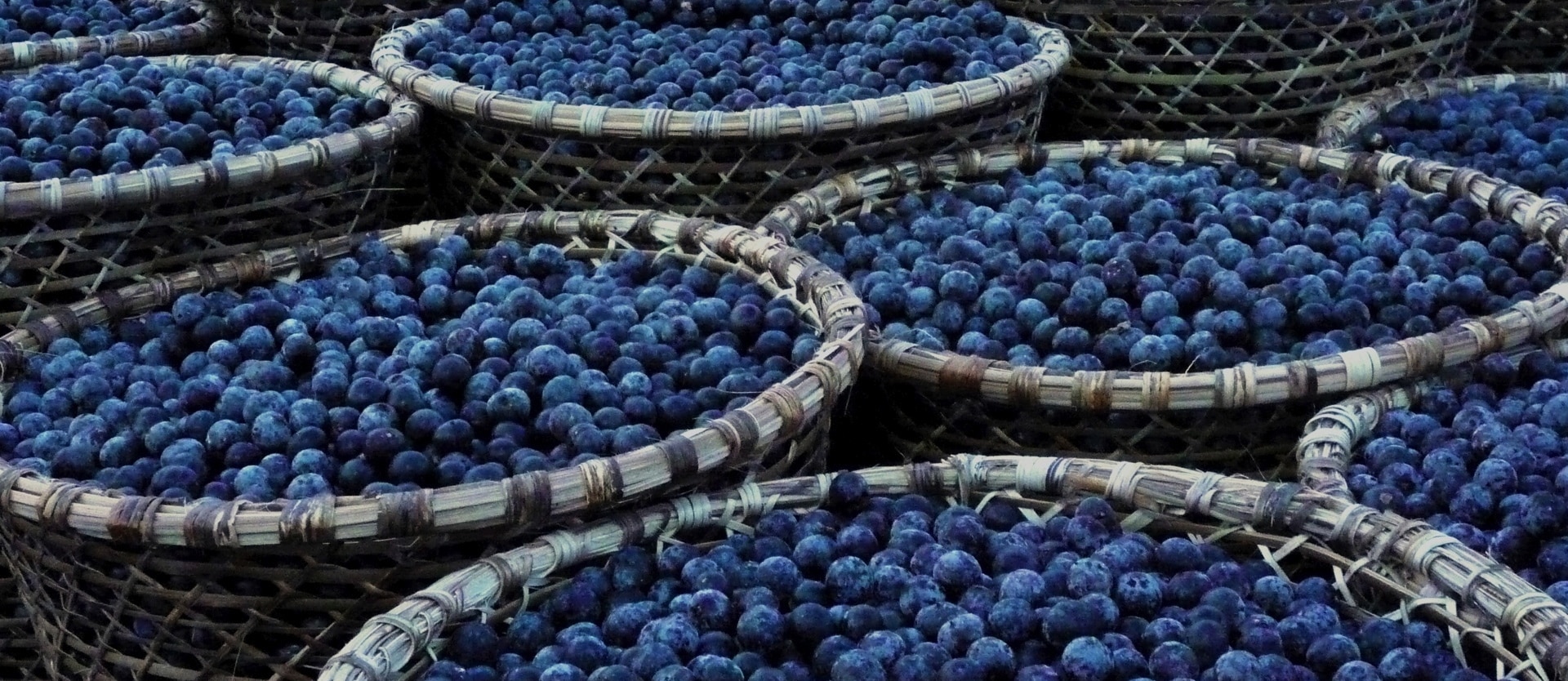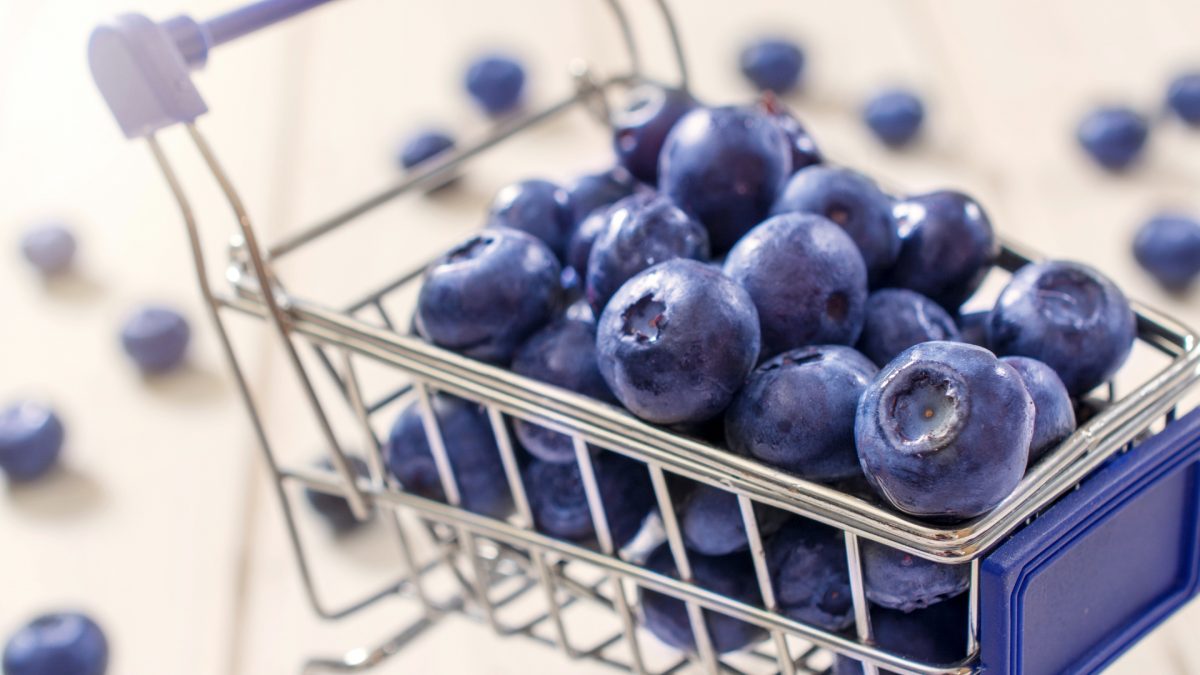
Acaí Berries
Açai berries gained celebrity status in 2008 when television personality Dr. Mehmet Oz talked about them on The Oprah Winfrey Show, spawning a frenzy of knockoff supplements, powders, shakes, and other dubious products bearing the açai berry label but not necessarily containing any of the actual berry. The benefits of these products are suspect at best, but there is some preliminary research on real açai berries, which can be purchased as unsweetened frozen pulp.
In the first study published in the medical literature on the effects of açai on human tissue, acai berry extract dripped onto leukemia cells taken from a thirty-six-year-old woman appeared to trigger self-destruct reactions in up to 86 percent of the cells. Also, sprinkling some freeze-dried açai berries on immune cells called macrophages (from the Greek words makros and phagein, meaning “big eater”) in a petri dish appeared to enable the cells to engulf and devour up to 40 percent more microbes than usual.
Though the leukemia study was done using açai extract at the concentration one might expect to find in the bloodstream after eating the berries, unfortunately, subsequent studies published since then have failed to find such benefit for a variety of cancers.
Recent studies of açai berries versus placebo on artery function show promise, and similar results have been achieved with wild blueberries.
In terms of antioxidant bang for your buck, açai berries rank high, but applesauce may rank even higher.
My Daily Dozen recommends at least one serving a day of berries, so why not give açai berries a try?
For substantiation of any statements of fact from the peer-reviewed medical literature, please see the associated videos below.
Image Credit: Wikipedia This image has been modified.
Popular Videos for Acaí Berries


The Antioxidant Effects of Açai vs. Apples
Açaí berries are touted for their antioxidant power, but does that translate into increased antioxidant...
The Benefits of Açai vs. Blueberries for Artery Function
What are the effects of açai berries, cooked and raw blueberries, grapes, cocoa, green tea,...All Videos for Acaí Berries
-

Foods to Help Protect Your Arteries from Saturated Fat
If you’re going to have something unhealthy, is there anything you can eat with it to help mediate the damage it may cause?
-

The Benefits of Açai vs. Blueberries for Artery Function
What are the effects of açai berries, cooked and raw blueberries, grapes, cocoa, green tea, and freshly squeezed orange juice on artery function?
-

The Antioxidant Effects of Açai vs. Apples
Açaí berries are touted for their antioxidant power, but does that translate into increased antioxidant capacity of your bloodstream when you eat them?
-

Clinical Studies on Açaí Berries
An independent review of the effects of açaí berries was recently published, including studies on immune function, arthritis, and metabolic parameters.
-

Uprooting the Leading Causes of Death
Death in America is largely a foodborne illness. Focusing on studies published just over the last year in peer-reviewed scientific medical journals, Dr. Greger offers practical advice on how best to feed ourselves and our families to prevent, treat, and even reverse many of the top 15 killers in the United States.
-

Treating COPD with Diet
Dietary interventions, including increasing fruit and vegetable intake and decreasing meat intake, may not only help slow the progression of chronic obstructive pulmonary disease, but may actually improve lung function.
